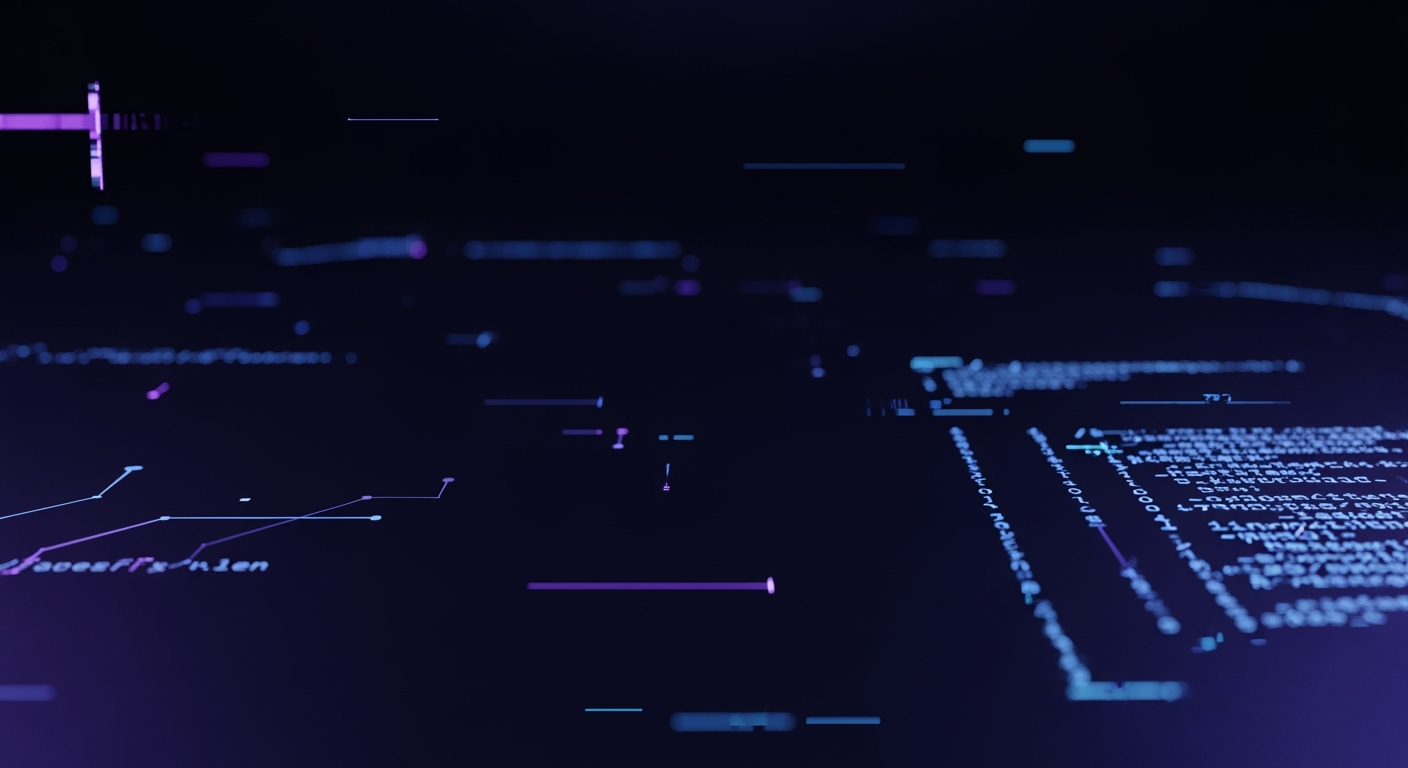K Prize AI Coding Challenge Reveals Tough Reality for AI Engineers

K Prize AI Coding Challenge Reveals Tough Reality for AI Engineers
The world of AI coding has just faced a reality check with the results of the first-ever K Prize competition. Organized by the Laude Institute and launched by Databricks and Perplexity co-founder Andy Konwinski, this multi-stage challenge set out to discover how well current AI models can handle real-world software engineering tasks.
An Unexpected Winner and a Surprising Score
Eduardo Rocha de Andrade, a prompt engineer from Brazil, emerged as the first winner of the K Prize, taking home $50,000. However, what truly caught the industry's attention was his final score: he answered just 7.5% of the coding problems correctly. This result highlights the immense difficulty of the challenge and sets a new, much-needed benchmark for AI developers.
Why Is the K Prize Different?
- Harder Than Existing Benchmarks: The K Prize intentionally poses tougher challenges than popular tests like SWE-Bench. While top scores on SWE-Bench reach up to 75% on its simpler test, the K Prize's contamination-free and timed system prevents models from training specifically for the test.
- Focus on Real-World GitHub Issues: The test uses recently flagged GitHub issues, making it a dynamic and realistic assessment of AI coding abilities.
- Level Playing Field: The challenge is run offline with limited compute, favoring smaller and open-source models rather than relying on the largest, most resource-intensive systems.
The Bigger Picture: Why Tougher Benchmarks Matter
With AI tools becoming widespread, easy benchmarks no longer reflect the true capabilities or limitations of AI systems. Many in the community see the K Prize as a vital step towards fair and robust evaluation standards. As Princeton researcher Sayash Kapoor noted in his recent paper, fresh and contamination-free tests are critical for honest measurement of AI progress.
What’s Next for AI Coding Challenges?
Andy Konwinski has pledged $1 million to any open-source model that can score over 90% on the K Prize. The results so far suggest that even leading AI models have a long way to go before they can reliably handle complex, real-world coding problems without human help. As more rounds of the K Prize are held in the future, organizers expect participants to adapt and improve—shedding light on whether low scores are due to tougher problems, or if previous benchmarks have been compromised by targeted training.
Key Takeaways for Businesses
- AI coding tools still have significant limitations: Real-world programming remains a challenge for current AI systems.
- Harder benchmarks drive genuine progress: Businesses should look for evaluations that reflect real-world complexity, not just headline-grabbing scores.
- Open innovation is being incentivized: With substantial prizes on offer, open-source solutions may soon close the gap.





